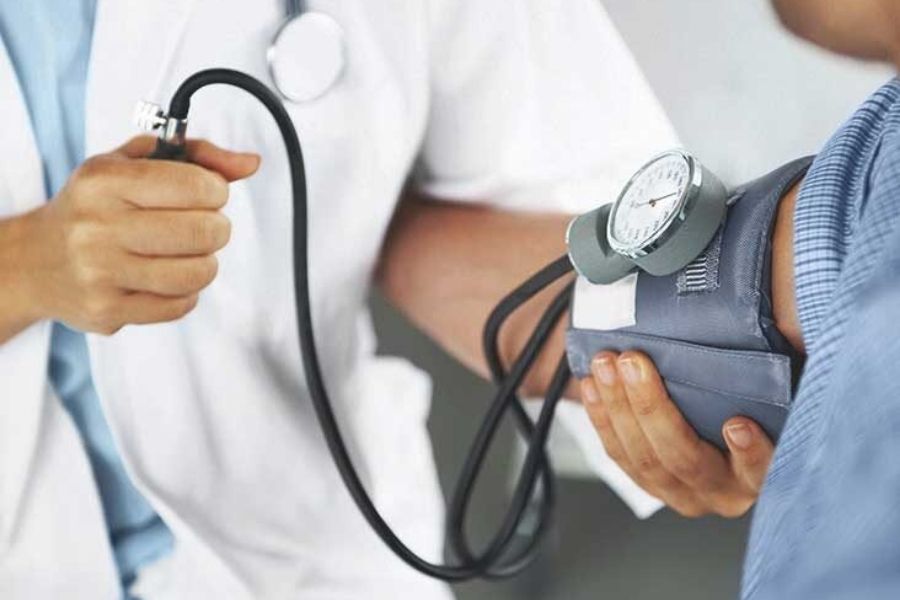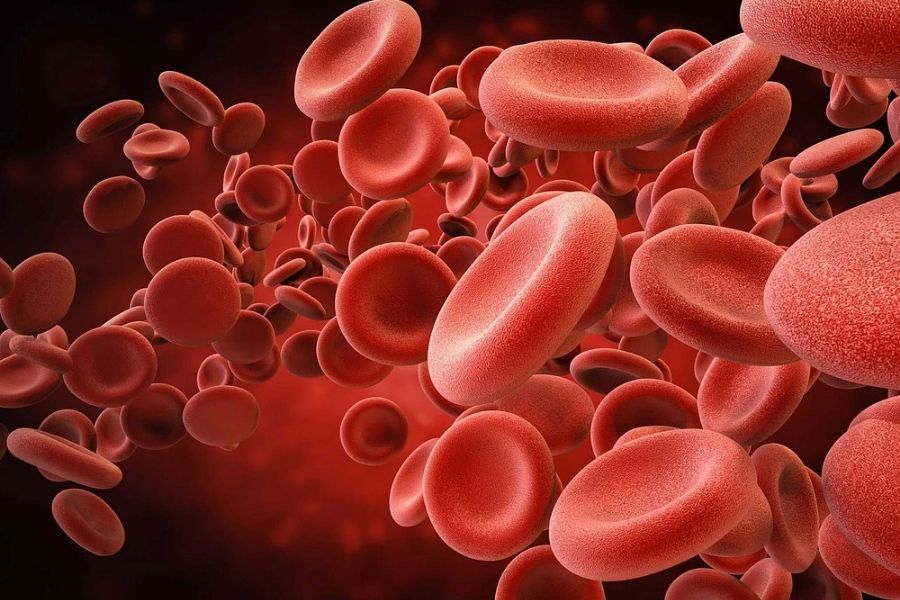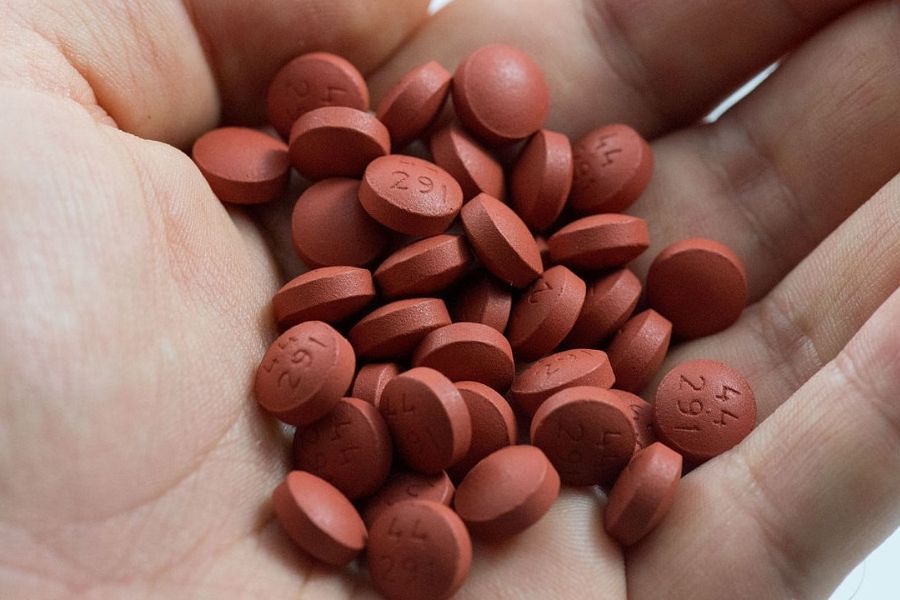Chronic kidney disease is curable by following particular lifestyle and health changes. Integrate these healthy choices in your life while consulting with your doctor, and you can tackle chronic kidney disease. Doctors recommend these home remedies for chronic kidney disease to keep you vigilant and healthy.
Home Remedies For Chronic Kidney Disease
1. Have A Healthy Diet

A healthy, balanced diet help improve the overall health—cook foods instead of eating fast processed, commercially prepared foods higher in sodium. When you prepare your food, you control what goes into it.
Use spices, herbs, and sodium-free seasonings instead of salt. Always check for sodium on the nutrition facts label of food packages. A Daily Value of 20 percent means the food is high in sodium. Restrict your salt intake to less than 5-6 g/day (around one teaspoon).
Patients with chronic kidney disease have low levels of vitamin D. We obtain vitamin D from sunlight or through a proper diet. Patients may be given alfacalcidol or calcitriol.
Eat small portions of protein foods. Take guidance from your dietitian on how to choose the right combination of protein foods daily. Choose healthy foods for your heart to help keep fat from building up in your blood vessels, heart, and kidneys.
Heart-healthy foods
- Lean cuts of meat
- Poultry without the skin
- Fish
- Beans
- Vegetables
- Fruits
When your kidneys start to malfunction, you must eat foods containing less potassium and phosphorus. A health care provider will use lab tests to check phosphorus and potassium levels in your blood. A damaged kidney allows potassium to build up in the blood, causing serious heart problems. Be very cautious while choosing food and drinks for the potassium level as too much is not good for health.
- Salt substitutes are sometimes okay but can be very high in potassium.
- Try to read the ingredient label.
- Always check with your provider about using salt substitutes.
- Drain canned fruits and vegetables before eating.
2. Take Proper Medicines

There’s no such medicine specifically for chronic kidney disease, but medication can help control many of the problems causing the condition. Doctors might advised you to take medicine to treat or prevent the different problems caused by chronic kidney disease under a nephrologist’s advice.
3. Control High Blood Pressure

The body must have good control of blood pressure to protect the kidneys. People with kidney disease should aim to get their blood pressure down to below 130/80mmHg if they also have diabetes.
Many types of blood pressure medicines are available prescription-wise, but medicines called angiotensin-converting enzyme (ACE) inhibitors are often used.
But here are specific side effects of ACE inhibitors:
- persistent dry cough
- dizziness
- tiredness
- headaches
If ACE inhibitors’ side effects are troublesome, you can be given a medicine called an angiotensin-II receptor blocker (ARB) but only under doctors’ advice.
4. Control High Cholesterol Levels

People with chronic kidney disease have an increased risk of cardiovascular disease, including heart attack, pain, etc. Doctors will prescribe some medicines for you called statins to reduce the risk of developing cardiovascular disease due to the increased cholesterol levels. Or start eating healthy foods that help lower cholesterol levels.
5. Water Retention

You may get swelling in your feet, ankles, and hands if you have chronic kidney disease. Your kidneys become ineffective at removing fluid from your blood, building up the water in the body tissues (edema). Doctors and nutritionists will advise you to reduce your daily salt and fluid intake, including fluids in food such as soups and yogurts, to reduce the swelling.
6. Anemia Check

Some people with advanced-stage chronic kidney disease develop anemia. The symptoms of anemia include:
- tiredness
- shortness of breath
- a pounding, fluttering, or irregular heartbeat (palpitations)
If you have anemia, you may be given erythropoietin injections as a medicine. It’s a hormone that helps your body produce more red blood cells.
7. Exercise Regularly

Physical activity helps to improve your health. It boosts your energy, strengthens your bones, reduces depression, and keeps you fit. It also reduces the heart disease risk. Exercise for at least 30 minutes for five days a week.
150 mins of total moderate-intensity aerobic exercises, like walking, cycling, or interval walking (1 min slow walk – 2 min fast walk). Do strengthening exercises for two days a week that work all the major muscles (forex legs, hips, back, abdomen, chest, shoulders, and arms).
Your ability to exercise shouldn’t be reduced depending on your condition, whether you have mild to moderate CKD. But if it is more advanced or on dialysis stage, it is likely to be reduced, and you may become breathless quickly.
But, exercise is still beneficial. Start slowly and build up gradually. Always check with the doctor before beginning a new exercise program.
8. Avoid Smoking And Alcohol Consumption

Quitting smoking and limiting alcohol can improve your overall health and reduce your risk of many other health problems. Do not exceed the recommended limits of more than 14 alcohol units a week. Manage your alcohol intake properly. Consult with your GP or care team if you find it challenging to cut down the alcohol amount.
9. Regular Reviews And Monitoring

You must have regular contact with your care team to monitor your condition. During these appointments, you can clarify any questions or other issues you would like to discuss with your care team. These appointments may also involve:
- Discussing your symptoms – if they’re affecting your everyday activities or are getting worse.
- About your medicine – whether you are experiencing any side effects
- Carrying out different tests to monitor your kidney function.
10. Be Careful With Painkillers

Chronic kidney disease can also occur by taking too many non-steroidal anti-inflammatories (NSAIDs), such as aspirin, or taking them for longer than recommended. If you need to take painkillers, please follow the instructions AND DONT IGNORE The PHYSICIANS ADVICE. Avoid non-steroidal, anti-inflammatory drugs (NSAIDs), such as ibuprofen, except when advised by a medical professional.







